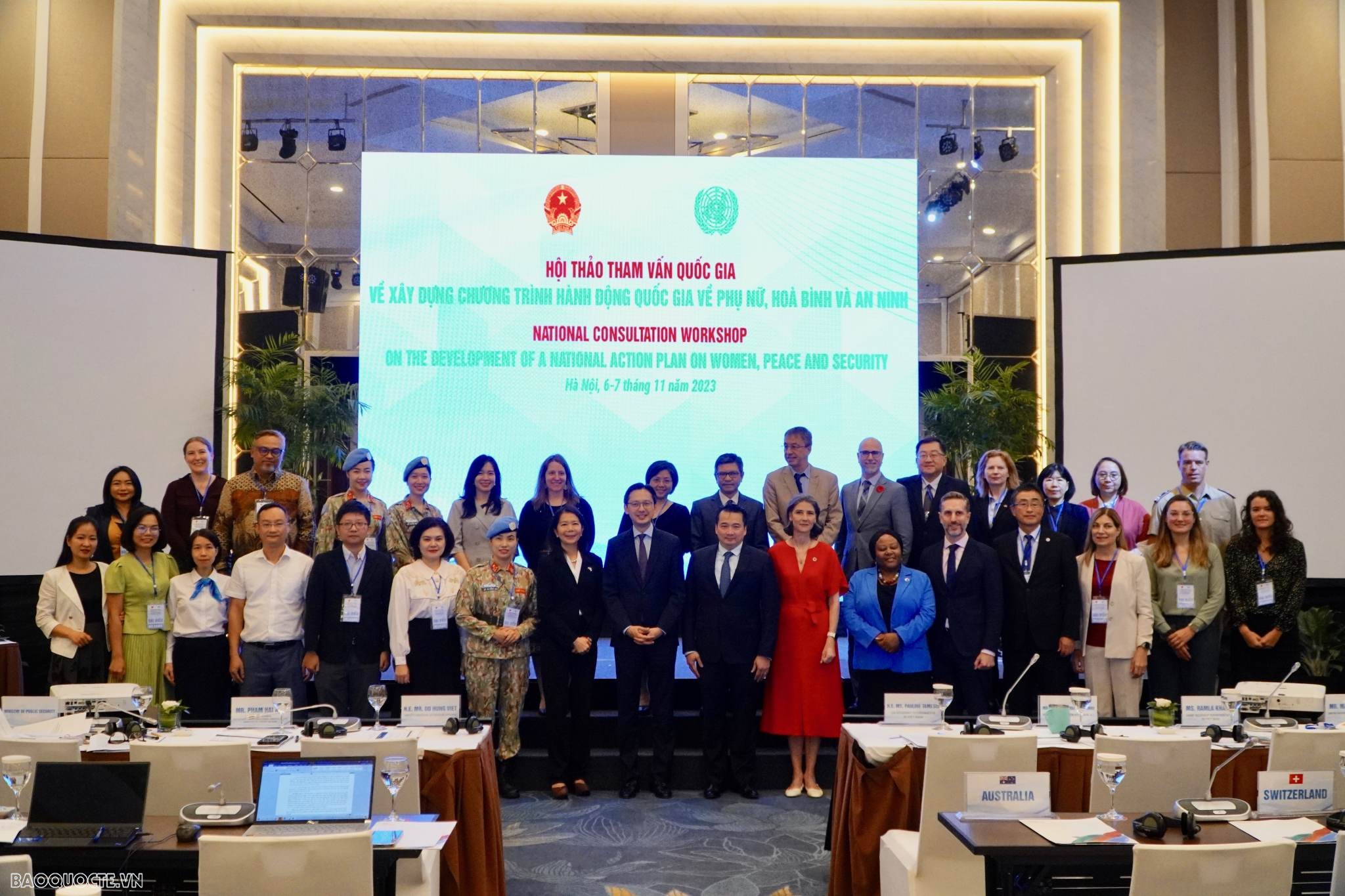 |
| Delegates pose for a souvenir photo at the National Consultation Workshop on the draft National Action Program on Women, Peace and Security, November 6, in Hanoi. (Photo: Tuan Viet) |
Resolution 1325 - the cross-cutting foundation
Speaking at the National Consultation Workshop on the draft National Action Program on Women, Peace and Security on November 6 in Hanoi, Deputy Minister Do Hung Viet quoted Charles Fourier, a French thinker in the early 19th century, who said that “women’s liberation is a measure of the level of social liberation”. Along with that thought, President Ho Chi Minh once said, “Talking about women means talking about half of society. If we do not liberate women, we will not liberate half of humanity”.
History has shown us that enhancing the role of women is closely linked to the development and progress of human society. Only when women are empowered and given equality, only when women’s voices and experiences are valued and enhanced, can solutions be truly comprehensive, sustainable and long-term.
With that awareness and thinking, according to Deputy Minister Do Hung Viet, the movement for women's rights and gender equality has achieved many important steps forward, including the achievements of the Agenda on Women, Peace and Security (PNHBAN).
Resolution 1325 (2000) of the United Nations Security Council (UNSC) marked the birth of this important Agenda, with two goals: Better ensuring the rights of women and girls and promoting women's participation in all stages of the conflict resolution and peacebuilding process.
Two years after Resolution 1325 was adopted, the United Nations Entity for Gender Equality and the Empowerment of Women (UN Women), then known as UNIFEM, conducted an independent assessment and collected information on the role of women in peacebuilding in conflict-affected countries.
This report emphasizes the importance and urgency of transforming the international framework on PNHBAN into specific actions in each country and region. Therefore, since 2002, the UNSC has made recommendations on the implementation of Resolution 1325 through "national action programs" (NPAPs).
By 2005, Denmark was the first country to develop the National Action Plan for PNHBAN. Currently, 107 UN member states (accounting for about 55%) have adopted the National Action Plan for PNHBAN; of which, 56 countries have the first National Action Plan for PNHBAN, 27 countries have the second generation of National Action Plans, and 15 countries have the third generation of National Action Plans. Six countries have four National Action Plans for PNHBAN and two countries are implementing the fifth National Action Plan on this issue.
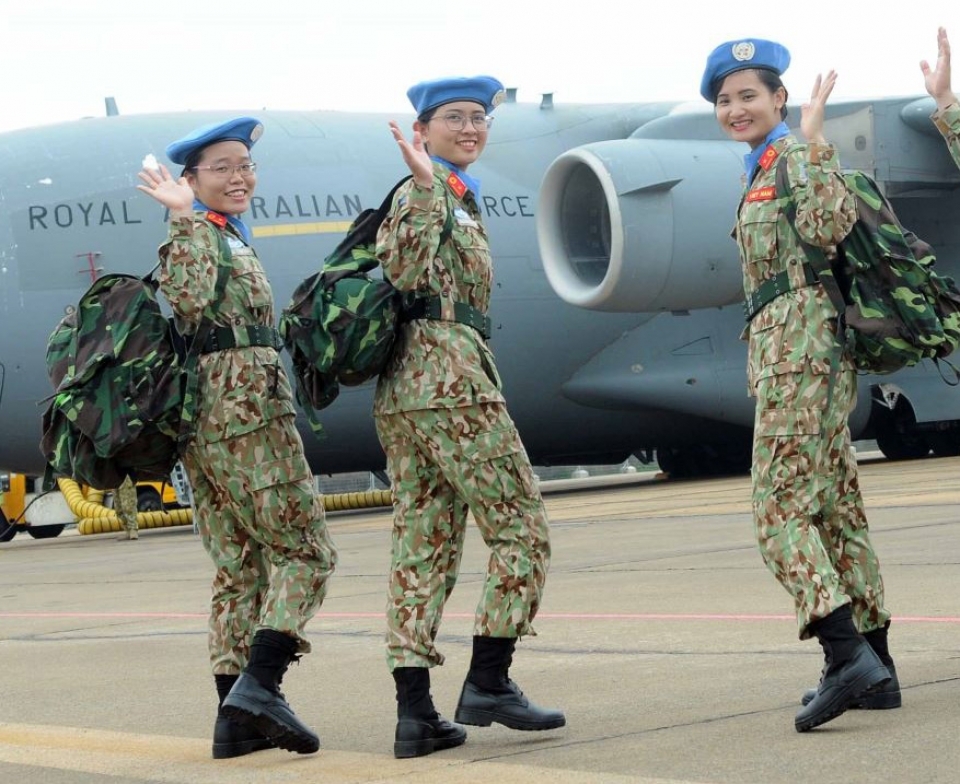 |
| Female soldiers of Level 2 Field Hospital No. 1 set off to join the UN peacekeeping force. (Photo: QT) |
Journey to realize goals
Throughout history, Vietnam has had many experiences on the topic of PNHBAN. Vietnamese women have made enormous contributions to the cause of national liberation, building the country, creating the traditional identity of the Vietnamese people in general and the tradition of Vietnamese women in particular "heroic, indomitable, loyal, and responsible".
According to Deputy Minister Do Hung Viet, it is these experiences that have prompted Vietnam to give important priorities to promoting the role of women in maintaining international peace and security since its first participation in the UN Security Council in 2008-2009.
Vietnam made an important mark when it chaired the UNSC's adoption of Resolution 1889 (2009) on the role of women and girls in post-conflict contexts - considered one of the four pillar resolutions of the UNSC's PNHBAN Agenda.
Vietnam is one of the early countries to sign and ratify the Convention on the Elimination of All Forms of Discrimination against Women (CEDAW) and actively participate in multilateral forums on gender equality with many specific initiatives, especially Vietnam's initiatives at the United Nations (UN) to protect and promote women's rights in many areas such as preventing trafficking in women and girls, coastal women's rights and climate change, etc. |
Vietnam is also currently a country with a high rate of female soldiers participating in UN peacekeeping operations, reaching 16%, much higher than the UN average of 4%.
And in 2020, also in Hanoi, Vietnam successfully organized the International Conference to celebrate the 20th anniversary of the implementation of UN Security Council Resolution 1325, the only global event in the anniversary year, and adopted the Hanoi Commitment to Action, with 75 co-sponsors, calling on countries to build a National Action Plan on PNHBAN.
However, Vietnam also understands that the path to realizing the goal of gender equality in general and the agenda for women, peace and security in particular still faces many challenges. Although the war has long been over, Vietnamese people, especially women, still face daily risks as well as serious consequences caused by remaining bombs, mines, explosives and toxic chemicals/dioxin, affecting the daily safety, security and livelihoods of millions of people...
In that context, Deputy Minister Do Hung Viet assessed that Vietnam's implementation of the National Steering Committee on PNHBAN at this time has many important meanings, reaffirming Vietnam's strong commitment to the PNHBAN Agenda, creating resonance for the common efforts of the international community to promote this Agenda.
The National Council on Peace and Security aims to narrow the gender gap, create conditions and opportunities for women to participate and enjoy equality in the fields of peace and security, contributing to maintaining peace, security and sustainable development of the country and internationally.
This action program includes four main objectives: Enhance the full and meaningful participation of Vietnamese women in foreign affairs, defense, security, ensuring social safety, handling and responding to non-traditional security challenges of the country, as well as in maintaining international peace and security; Better prevent and respond to gender-based violence, especially in the context of incidents and disasters; Strengthen gender mainstreaming in relief and recovery activities, including overcoming the consequences of incidents, disasters, overcoming the consequences of war and in adapting to climate change; Promote the role and voice of Vietnam in promoting the Agenda on PNHBAN in multilateral forums, especially at ASEAN and the United Nations.
Once developed, the National Council will supplement and complete policy frameworks on gender equality and women's empowerment, especially the first comprehensive framework on this content in the field of peace and security, with specific goals and solutions to further promote actions for PNHBAN, especially in the face of emerging challenges and non-traditional security challenges.
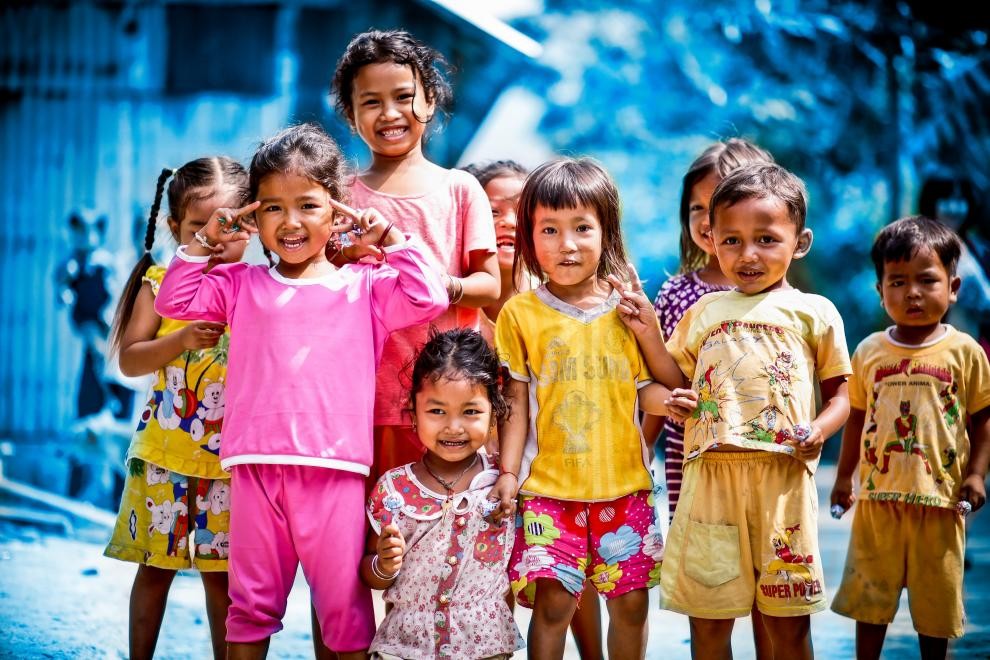 |
| “Let us remember that we are not just shaping a document, we are shaping the future of Vietnamese women and girls,” said the UN Women Representative, emphasizing the importance of the National Action Plan on Women and Girls in Vietnam. |
Vietnam always has "companions"
Sharing at this workshop, Ms. Caroline Nyamayemombe, Acting Chief Representative of UN Women in Vietnam, highly appreciated Vietnam's establishment of the National Council on Women's Health.
Ms. Caroline Nyamayemombe said that this is an action to realize the commitment of the Vietnamese Government in implementing the Hanoi Action Commitment achieved at the 2020 Conference, which is to recognize the important role of Vietnamese women in creating peace and sustainable development.
According to Ms. Caroline Nyamayemombe, in recent times, Vietnam has increased women's participation, enhanced integration, demonstrated an important approach for women to join hands to resolve conflicts, and has a consistent commitment to move towards sustainable development goals. "The UN will accompany Vietnam on this path," Ms. Caroline Nyamayemombe emphasized.
Speaking at the Workshop, diplomatic representatives from many countries around the world shared their appreciation for Vietnam's establishment of the National Steering Committee on PNHBAN.
Sharing the experience of Indonesia - a country that has implemented this National Action Program for 10 years, the representative of the Political Department of the Indonesian Embassy in Vietnam said that, in addition to promoting international cooperation on PNHBAN, Indonesia pays special attention to the participation of local and grassroots levels in this program, which are considered the most important factors to achieve the success of the Program at the national level, gradually increasing to the regional and international levels.
As a country implementing the 5th generation of the National Action Plan on PNHBAN, Norway also has a lot of experience in this field. The representative from the Norwegian Embassy emphasized that creating a standard for evaluating the implementation of the program is very important, creating a reference system that operates throughout the local and central levels. Therefore, Vietnam also needs to pay attention to this factor in implementing its Action Program.
Thus, we can clearly see the role, significance and importance of the National Council on Women and Girls in Vietnam in the current context. As the Acting Chief Representative of UN Women in Vietnam affirmed: "Let us remember that we are not just shaping a document, but we are shaping the future of Vietnamese women and girls as well as the peace and security of your country."
Source


![[Photo] Vietnam shines at Paris International Fair 2025 with cultural and culinary colors](https://vphoto.vietnam.vn/thumb/1200x675/vietnam/resource/IMAGE/2025/5/4/74b16c2a197a42eb97597414009d4eb8)
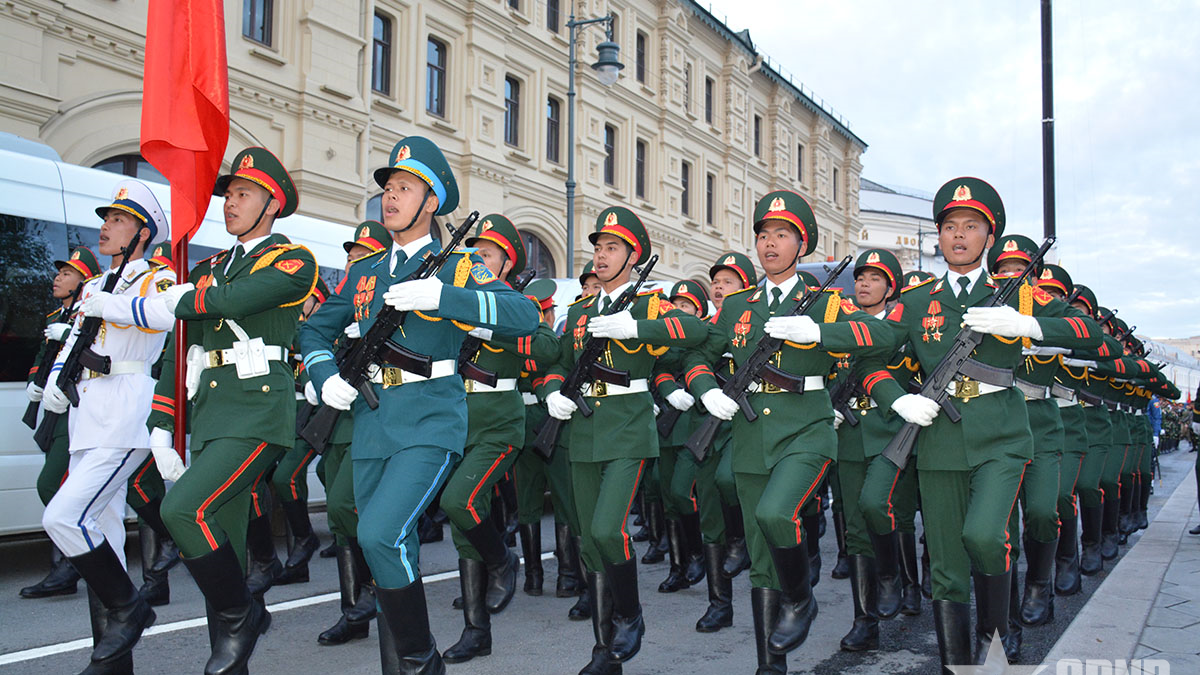

![[Photo] General Secretary To Lam receives Sri Lankan President Anura Kumara Dissanayaka](https://vphoto.vietnam.vn/thumb/1200x675/vietnam/resource/IMAGE/2025/5/4/75feee4ea0c14825819a8b7ad25518d8)
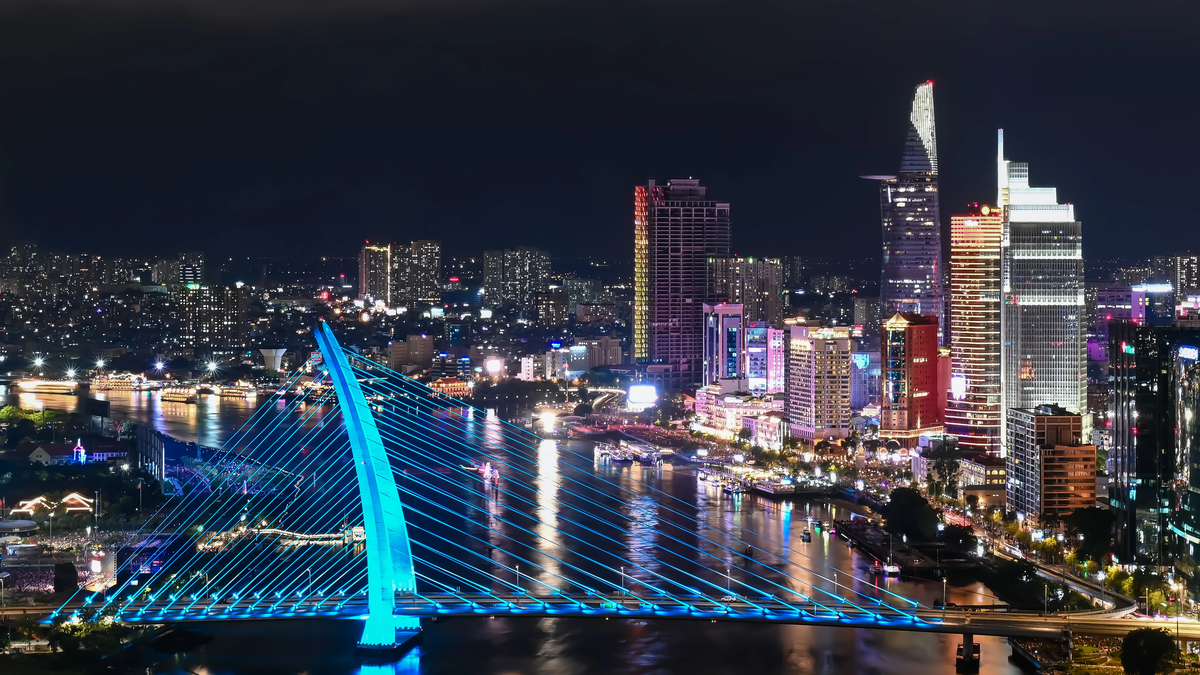
![[Photo] Bus station begins to get crowded welcoming people returning to the capital after 5 days of holiday](https://vphoto.vietnam.vn/thumb/1200x675/vietnam/resource/IMAGE/2025/5/4/c3b37b336a0a450a983a0b09188c2fe6)






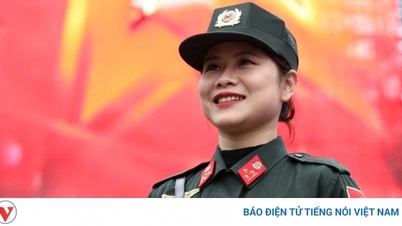

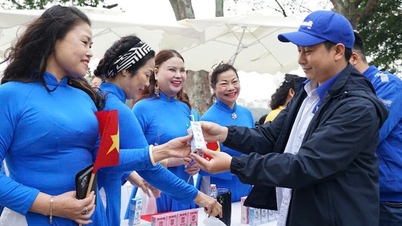


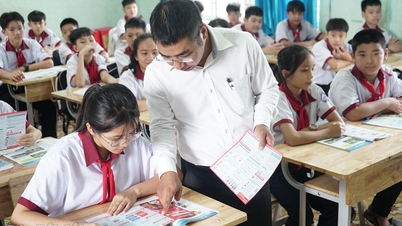








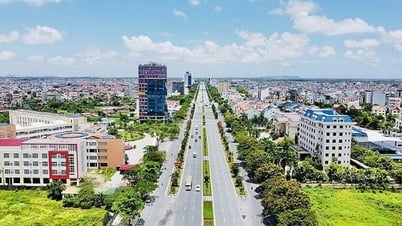

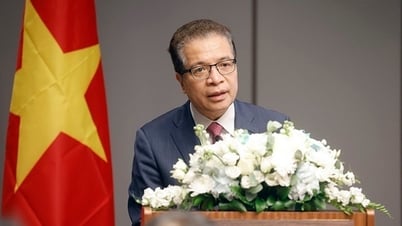
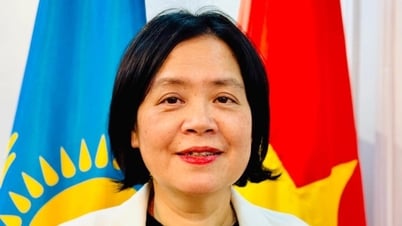
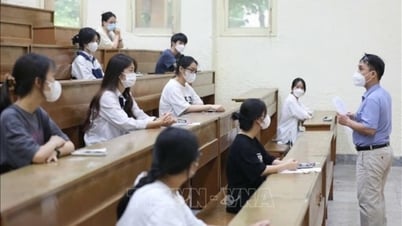

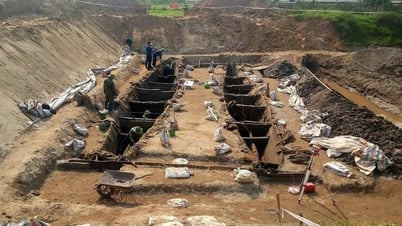







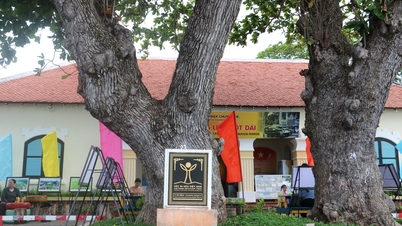



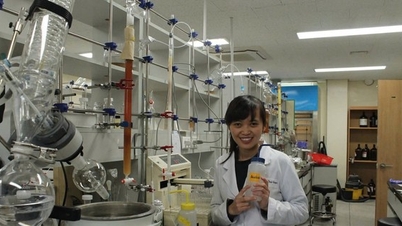


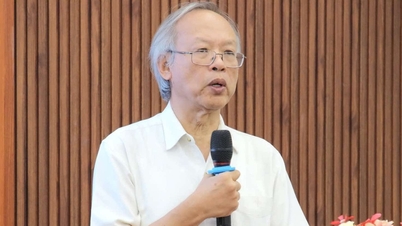

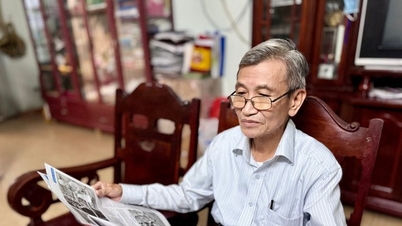
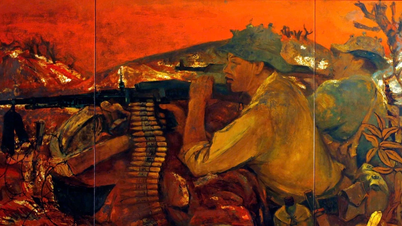



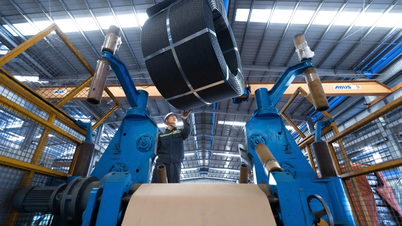

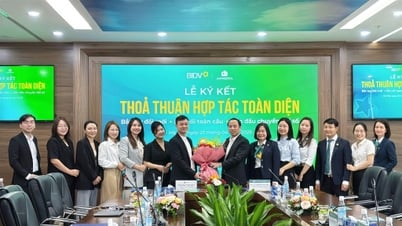

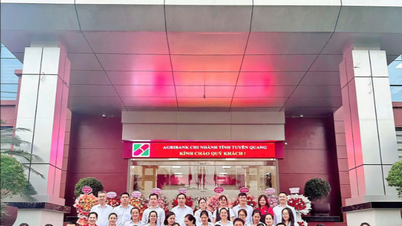





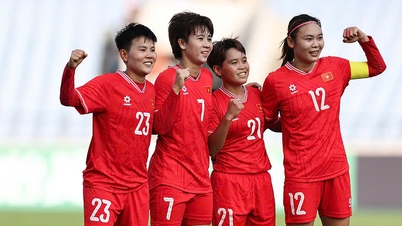





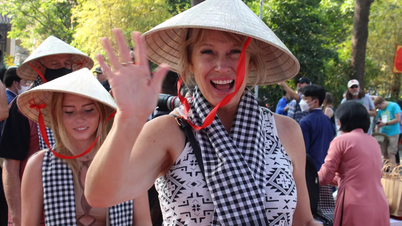

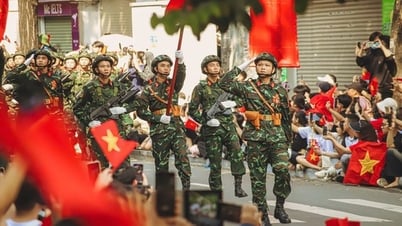

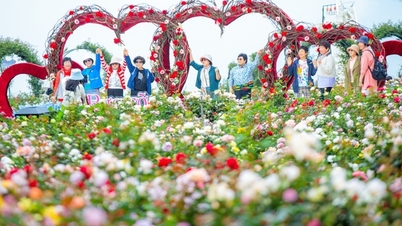

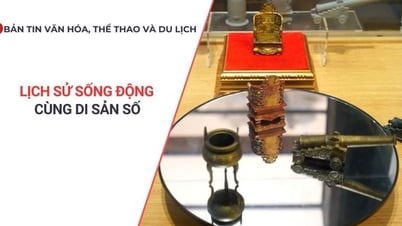


















![[Video]. Building OCOP products based on local strengths](https://vphoto.vietnam.vn/thumb/402x226/vietnam/resource/IMAGE/2025/5/3/61677e8b3a364110b271e7b15ed91b3f)




Comment (0)